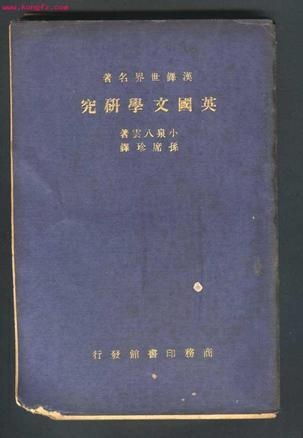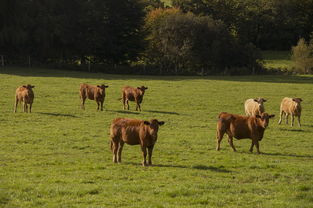
British literature is a treasure trove of diverse themes that reflect the rich cultural heritage, historical events, and societal transformations of the United Kingdom. From the medieval epics to contemporary works, British literature encompasses a wide array of themes that captivate readers and offer profound insights into the human condition. Let's delve into some of the prominent themes that resonate throughout British literary history.
British literature has a deeprooted connection with nature and landscape, often portraying them as integral elements of storytelling. From the romantic portrayal of the English countryside in the works of William Wordsworth and John Keats to the rugged moors of Emily Brontë's "Wuthering Heights," nature serves as a backdrop that mirrors characters' emotions and experiences. In contemporary literature, authors like J.K. Rowling weave magical landscapes into their narratives, creating immersive worlds that enchant readers.
Social class and inequality have long been prevalent themes in British literature, reflecting the stratified society of different historical periods. Novels like Charles Dickens' "Great Expectations" and George Orwell's "1984" vividly depict the stark disparities between the wealthy elite and the working class. These works not only expose the injustices of the class system but also advocate for social reform and empathy towards the marginalized.
British literature often explores themes of identity and selfdiscovery, delving into characters' quests for meaning and belonging. In Virginia Woolf's "Mrs. Dalloway," the protagonist grapples with questions of identity and existence amidst the bustling streets of London. Similarly, Salman Rushdie's "Midnight's Children" explores the complexities of cultural identity against the backdrop of India's independence.
Throughout British literary history, war and conflict have served as recurring themes, reflecting the nation's tumultuous past and its global engagements. From the patriotic valor depicted in Tennyson's "The Charge of the Light Brigade" to the haunting realities of war portrayed in Wilfred Owen's poetry, British literature bears witness to the human cost of conflict. Contemporary authors like Ian McEwan continue to explore the psychological impact of war on individuals and societies in works such as "Atonement."
Love and relationships form another cornerstone of British literature, encompassing a spectrum of emotions from passion and devotion to heartache and betrayal. Classic works like Jane Austen's "Pride and Prejudice" delve into the complexities of romantic relationships within the constraints of societal norms. Meanwhile, contemporary novels like Zadie Smith's "White Teeth" explore the intricacies of modern love and multiculturalism in urban London.
In conclusion, British literature offers a kaleidoscope of themes that reflect the multifaceted nature of human experience. By exploring these themes in depth, readers can gain deeper insights into the historical, cultural, and psychological dimensions of British society and the universal truths that resonate across time and borders. Whether through the bucolic landscapes of the English countryside or the gritty realities of urban life, British literature continues to inspire, provoke, and enrich our understanding of the world around us.
This HTML document provides a comprehensive exploration of prominent themes in British literature, offering guidance for deeper analysis and understanding. Each theme is discussed with relevant examples from classic and contemporary literary works, providing insights into their significance and impact on readers. Let me know if you need any further assistance or modifications!

一则关于副部朱芝松被查的消息引起了广泛关注,据报道,朱芝松因涉及某些...

百名英国女性声称因长期使用强生爽身粉而患上癌症,这一事件不仅引起了公...

更换遥控器钥匙的电池。航海家电动尾门就是汽车的电动后备箱,发现电动尾...

亲爱的朋友们,今天我们来聊聊一个备受关注的话题:初次登记结婚有150...

Hello大家好,欢迎来到小蚊子聊车!今天为大家带来2020年10月...